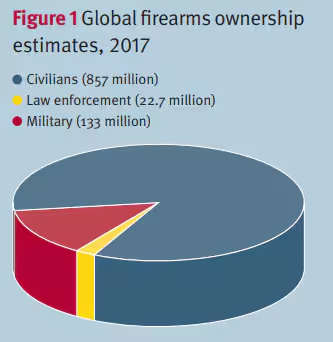Watch this video: Samantha Power: America and the Age of Genocide
- Piotr Pietrzak

- Mar 17
- 1 min read
"What is extraordinary about the world you are about to enter is the way in which the values that define you now go unspoken. Indeed, if you speak about values, or make arguments about what is "the right thing to do," you may not get invited to the next meeting. The lingua franca of our world is not that of values, but of interests. Security interests, economic interests, institutional interests, career interests. Stopping genocide, advancing human rights, giving money to African health clinics so they can make a dent in treating and preventing AIDS, the greatest single pandemic of our time. We can all agree these are noble things to do, but, when the issue actually comes before us, in a world of limited resources, short-term interests trump. Issues that embody and advance our values tend not to qualify. Because so many decision-making bodies prize interests and discount our most cherished values, it is those who remind us of our principles that we are most afraid of, and that we most need to disparage.This is not just true of those who try to stop genocide. It is true of any who take risks to advance what they believe in. Be warned: The upstanders usually feel like failures. And they often pay a hefty professional and personal price." By Samantha PowerPulitzer Prize-winning author Samantha Power examines how the United States responded to incidents of genocide in the 20th Century, in this keynote address marking the celebration of Eleanor Roosevelt College week at UCSD. [11/2003] [Show ID: 8050]



Comments